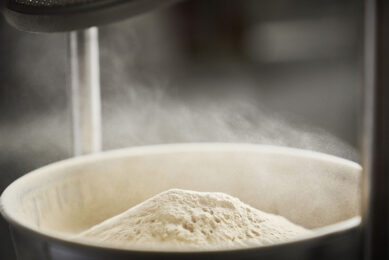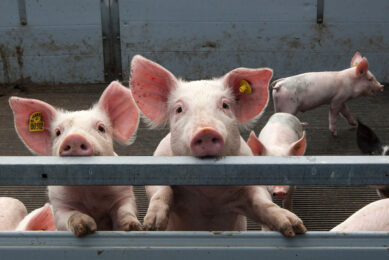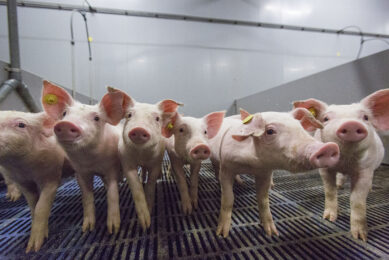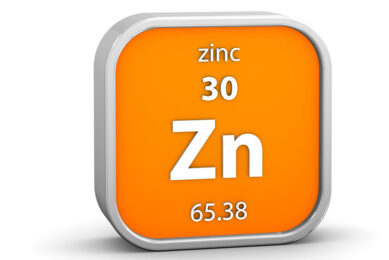Biological nano zinc: Boosting quail health
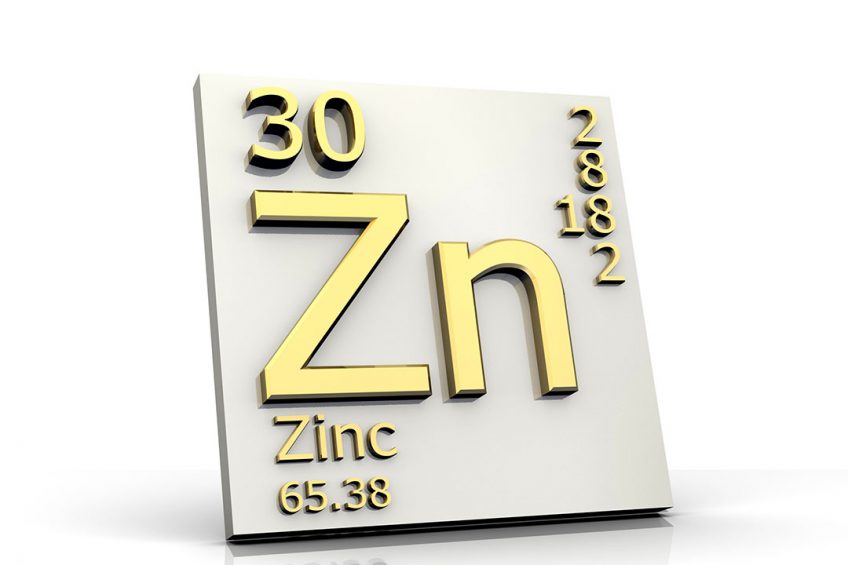
The use of zinc nanoparticles is not only effective in pigs as shown in most studies. A recent study published in Italian Journal of Animal Science found health benefits of supplementing zinc nanoparticles in quail diets.
By June 2022, the European Union plans to ban the use of zinc oxide as a veterinary medicinal product, defined as levels above 150 ppm. In pigs, alternative strategies that include the use of nano zinc particles have been proposed to control post-weaning diarrhoea and maintain growth performance shortly after weaning. Studies continue to explore the use of zinc nanoparticles in other animal species.
Biosynthesis of zinc nanoparticles
Several methods can be used to manufacture zinc oxide nanoparticles. Variations observed in animal feeding trials are usually attributed to the differences in method of production that results in variation of surface area and bioavailability of the nanoparticles in the GIT. Biosynthesis of zinc nanoparticles is an environmentally friendly method compared to other methods that involve hydrometallurgy with vaporisation. In the current study, zinc nanoparticles (ZnO-NPs) were biosynthesized by Bacillus subtilis AM12 that was isolated from a soil sample; the method was based on a previous study published in Journal of Pure and Applied Science.
A total of 200 1-week old Japanese quails were used to evaluate the impact of dietary ZnO-NPs on the health of quails (explained through its influence on performance, gut microbiota, carcase characteristics, antibacterial and antifungal efficacy, antioxidant, and immunity status).
The study consisted of 5 diets:
Diet 1: control diet with no additive, and
Diets 2-5: supplemented with zinc nanoparticles at doses of 0.1, 0.2, 0.3, and 0.4 g/kg feed.
Antibacterial and antifungal efficacy
In this study, in-vitro tests were pre-made to test the antibacterial and antifungal impact of ZnO-NPs (at different levels) bio-fabricated by the supernatant of Bacillus subtilis AM12. Ciprofloxacin was used as the reference antibiotic standard for antibacterial activity, and zinc nitrate was used as positive control. Minimum inhibition concentration (MIC) was determined as the least ZnO-NPs concentration that inhibited bacterial growth after a day of incubation. The MIC values of ZnO-NPs for all the bacteria and fungi species tested were below the standard MIC values but above the MIC values of the positive control, showing high efficacy of the nanoparticles against bacteria and fungi.
“The antibacterial mechanism of zinc nanoparticles may be due to their large surface area to volume ratio. The potential antimicrobial mechanism of ZnO-NPs may involve the induction of reactive oxygen species, which increase the peroxidation of membrane lipids and cause membrane leakage by reducing proteins and sugars, as well as by reducing cell viability,” they remarked.
The researchers added that the fungicidal action coupled with oxidative damage induced by ZnO-NPs most likely enhanced the inhibition of fungal growth. In addition, they said that membrane disruption by ZnO-NPs could be another cause of the notable enhancement in their activity when in combination with zinc nanoparticles, as it increases the penetration and internalisation of the fungicide into the cells.
Gut microbiota
ZnO-NPs were shown to be antibacterial and inhibit the growth of microorganisms by permeating the cell membrane. In this study, adding biological nano zinc at doses of either 0.2 or 0.4 g/kg diet resulted in a significant decrease in the number of caecal microbial populations (total bacterial count, total yeasts, E. coli, coliform, Enterococcus spp. and Salmonella spp), except for Enterococcus for the level of 0.4 g/kg diet. ZnO-NPs at all levels (except for 0.4 g/kg) promoted an increase in lactic acid bacteria.
Antioxidant and immune status
Supplementation of ZnO-NPs at all levels (0.1 up to 0.4 g/kg) resulted in increased activity of the antioxidant enzymes, superoxide dismutase and glutathione peroxidase, and a decrease in malondialdehyde (MDA) concentration. MDA is an important index for lipid peroxidation and oxidative damage caused by reactive oxygen species (ROS). It was stated that the antioxidant enzymes suppress ROS generation, thus decreasing MDA levels. In addition, dietary supplementation of the zinc nanoparticles at the dosages from 0.1 up to 0.3 g/kg improved the immune status as was observed by a positive impact on Immunoglobulin G and Immunoglobulin M levels.
Growth and carcass characteristics
The researchers were also interested in investigating whether the observed health benefits influenced growth performance:
- Their results revealed a significant improvement in weight gain and FCR in groups fed with diet supplemented with ZnO-NPs at levels of 0.1 or 0.2 g/kg of diet.
- Overall, birds fed ZnO-NPs at 0.2 g/kg had the highest improvements in weight gain and FCR, followed by 0.1 then 0.3 g/kg inclusion level, compared to the control.
- Feed intake was not different between diets. ZnO-NPs supplementation showed no effects on all carcass traits measured; this was unexpected since a study (although in broilers) they cited from University of Tehran had shown improvements in carcass yield and digestive organs when ZnO-NPs was supplemented at 80 mg/kg of feed.
- The positive effect of ZnO-NPs supplementation on growth was attributed to the important role of zinc as a main component of the metalloenzymes, which are involved in metabolism of energy, nucleic acids, and protein. “Moreover, this effect can be attributed to the upregulation of growth-related genes that are observed in similar studies,” they concluded.
In conclusion
Zinc nanoparticles biologically synthesised by Bacillus subtilis AM12 were efficacious against the tested pathogenic bacteria and fungi species. Overall, the additive improved the performance and health status of growing Japanese quails, with the best results observed at a dosage of 0.2 g/kg feed.




